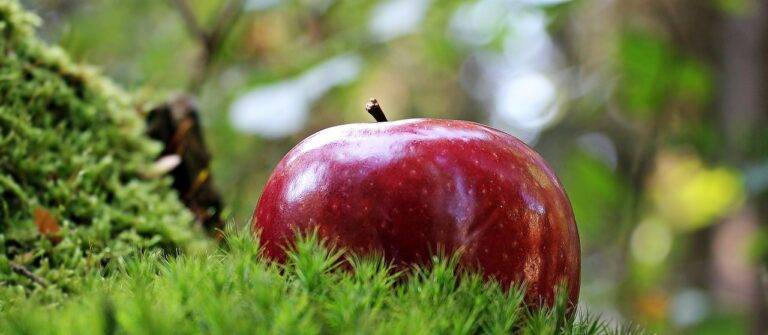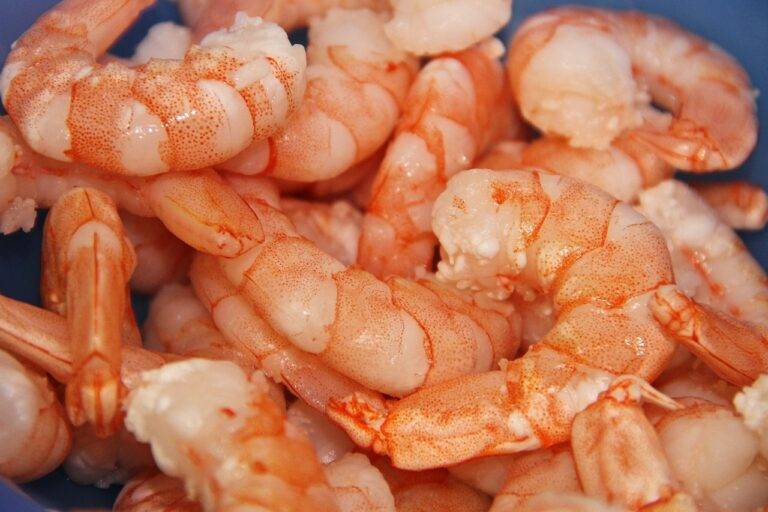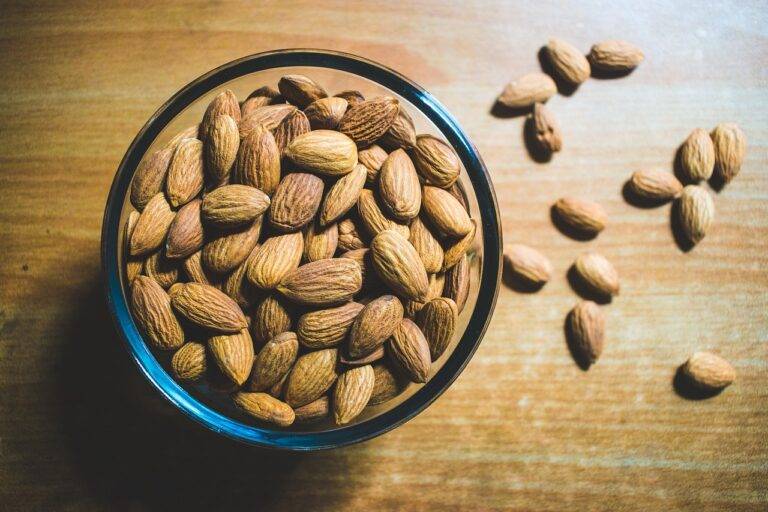The Future of Food Production: Advancements in Sustainable Agriculture
Traditional agriculture faces numerous obstacles in the modern world. One of the primary challenges is the limited access to technology and modern farming practices. Farmers relying on traditional methods often struggle to compete with those who have embraced new advancements, putting them at a significant disadvantage in terms of productivity and efficiency.
Additionally, traditional agriculture is heavily dependent on unpredictable weather patterns, leading to crop failures and reduced yields. Lack of irrigation and water management systems further exacerbate the impact of droughts and floods on traditional farming practices. These challenges highlight the urgent need for innovation and sustainable solutions to ensure the resilience and adaptability of traditional agricultural systems in the face of increasing pressures and uncertainties.
Impact of climate change on food production
The changing climate patterns pose significant challenges to food production worldwide. Extreme weather events, such as droughts, floods, and heatwaves, have become more frequent and intense, affecting crop yields and livestock production. Farmers are struggling to adapt to these unpredictable conditions, leading to food shortages and price volatility in many regions.
Rising temperatures and shifting weather patterns are also disrupting the natural ecosystems in which crops and livestock thrive. Pests and diseases that were once limited to specific regions are now spreading to new areas, causing extensive damage to crops and threatening food security. Furthermore, the availability of water for irrigation is becoming increasingly uncertain, putting additional pressure on farmers to find sustainable solutions to ensure the continuity of food production.
What are some challenges in traditional agriculture in the face of climate change?
Some challenges in traditional agriculture include unpredictable weather patterns, increased frequency of extreme weather events, changes in pest and disease patterns, and water scarcity.
How does climate change impact food production?
Climate change can impact food production by altering temperature and precipitation patterns, leading to reduced crop yields, increased crop failures, and changes in the availability and quality of water for irrigation.
What are some ways to adapt to climate change in agriculture?
Some ways to adapt to climate change in agriculture include implementing sustainable farming practices, using drought-resistant crop varieties, improving water management techniques, and investing in climate-smart technologies.
How can individuals help mitigate the impact of climate change on food production?
Individuals can help mitigate the impact of climate change on food production by reducing food waste, supporting local and sustainable food systems, advocating for policies that address climate change, and making environmentally-friendly food choices.





